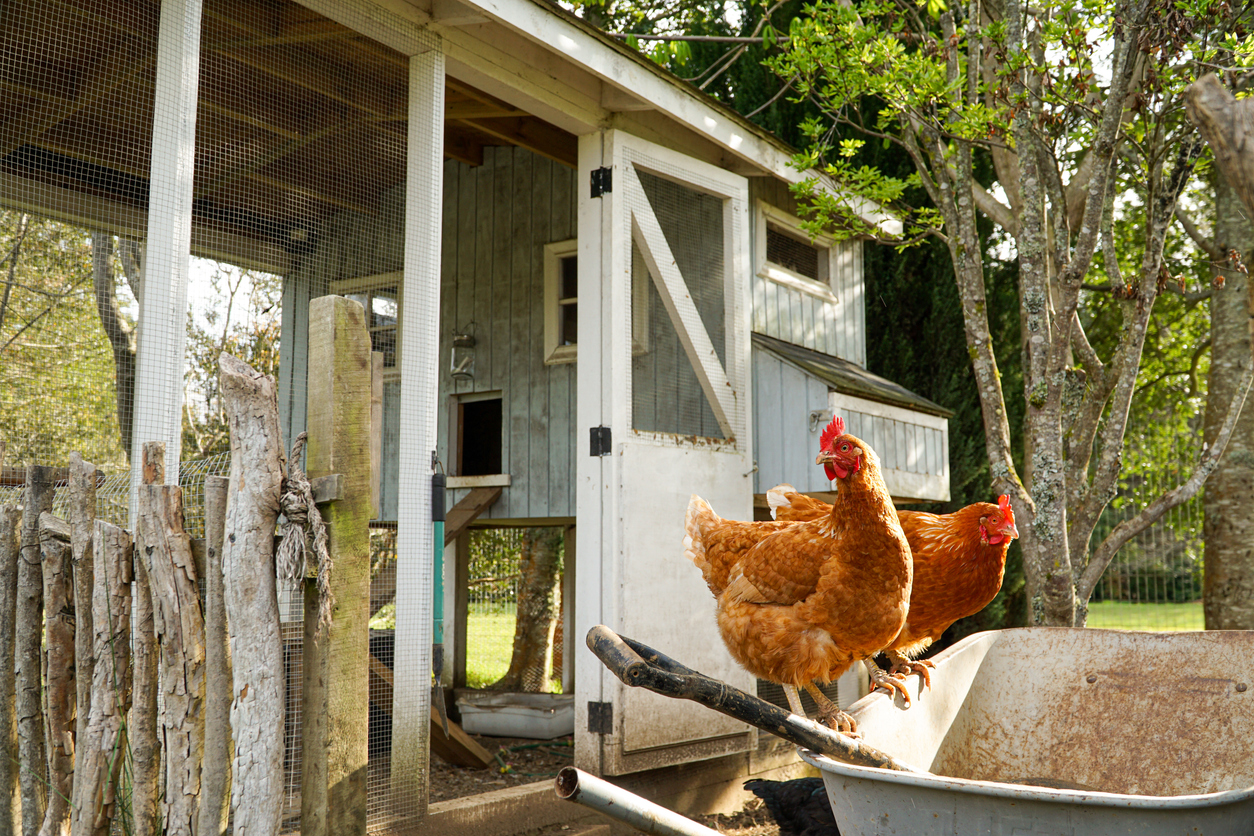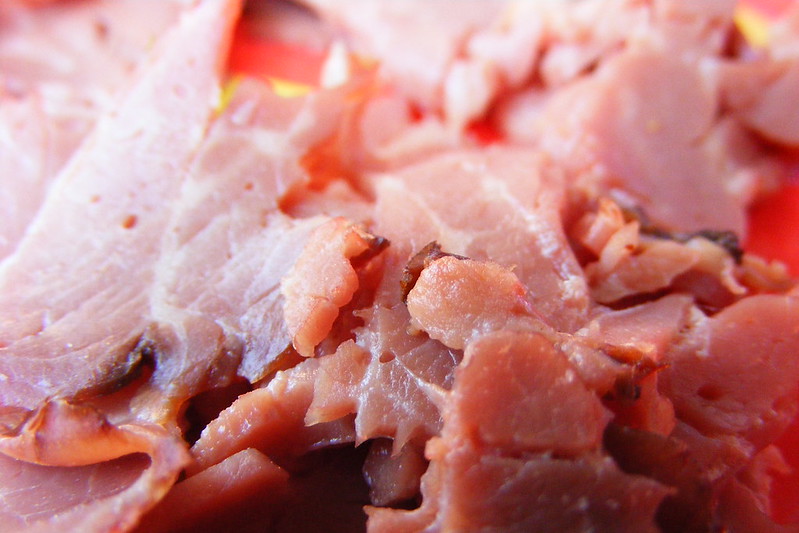
An outbreak of Salmonella linked to backyard poultry flocks has sickened 109 people in 29 states, Centers for Disease Control and Prevention (CDC) officials said yesterday.
While no deaths have been reported, the CDC said 33 people have been hospitalized. The median age of case-patients is 10 years, with 43% of those sickened under 5 years. Illnesses started on dates ranging from February 24 to April 30. Epidemiologic, traceback, and laboratory indicate backyard poultry is the source.
Of the 70 people interviewed by state and local public health officials, 51 reported contact with backyard poultry in the week before they got sick. Of the 28 people with information available, 18 reported buying poultry from multiple retail stores and a hatchery. No common poultry supplier has been identified.
The outbreak involves multiple Salmonella serovars, including Altona, Indiana, Infantis, Mbandaka, and Typhimurium. Whole-genome sequencing conducted by CDC PulseNet—the national subtyping network for foodborne bacterial disease surveillance—on isolates from case-patients shows they are closely related genetically. In addition, sequencing of samples collected from boxes used to ship poultry from hatcheries to retail stores in Indiana and Utah found that the Salmonella Altona and Salmonella Mbandaka isolates were the same strain as those found in case-patients.
Some antibiotic resistance detected
Further testing of isolates from 101 case-patients and 4 environmental samples found no predicted antibiotic resistance, but seven people's samples predicted resistance to one or more of the following antibiotics: amoxicillin-clavulanic acid, ampicillin, cefoxitin, ceftiofur, ceftriaxone, chloramphenicol, ciprofloxacin, gentamicin, kanamycin, streptomycin, sulfisoxazole, and tetracycline.
While most people recover from Salmonella infections without antibiotics, the CDC says some illnesses in the outbreak may be difficult to treat with commonly recommended antibiotics. Young children, adults over 65, and people with weakened immune systems have a higher risk of becoming severely ill.
The CDC advises people to wash their hands after touching backyard poultry and their eggs, supervise children around flocks, and to refrain from kissing or snuggling backyard poultry.












